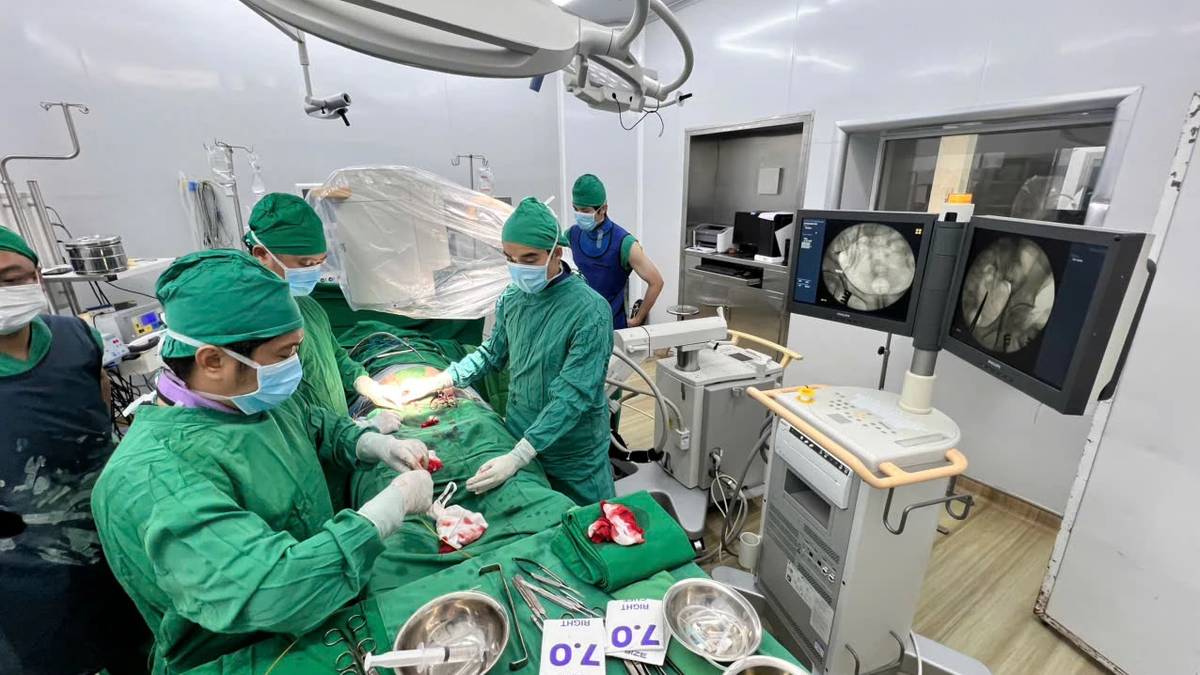The impact of the recent collapse of Silicon Valley Bank (SVB) in the US has spread to many corners, raising concerns about the risk of a global financial crisis and recession.
SVB’s collapse was a “classic” one on March 10, with depositors – including startups and venture capital funds – withdrawing $42 billion (nearly a quarter of the bank’s total deposits) in a single day, causing the bank to run out of liquidity and be shut down by regulators. Just two days later, on March 12, US regulators shut down Signature Bank, a bank that had nearly a quarter of its deposits coming from the cryptocurrency sector.
Russia , which is under heavy financial sanctions from the West, is not expected to suffer “any direct impact” from the incident, but is not immune to the global economic downturn.
“Western sanctions have largely cut off Russia’s financial system and economy from the Western financial system. That is why, unlike the global crisis of 2008-2009, the current situation will not have any direct impact, as most Russian banks are no longer connected to banks in the US and Europe,” Sovcombank chief analyst Mikhail Vasilyev told the Russian newspaper Rossiyskaya Gazeta on March 15.
Sovcombank is the ninth largest bank in Russia, and was among the first to be removed from the international payment system SWIFT by the European Union (EU), following Moscow's "special military operation" in Ukraine.

Mikhail Vasilyev, chief analyst at Sovcombank – the 9th largest bank in Russia. Photo: BK
Calling the recent financial collapses of SVB and Signature Bank a “mini” crisis in the US banking industry, the Russian expert said that it took investors by surprise, leading to a significant adjustment in the interest rate forecasts of leading central banks. According to him, it was the strongest monetary policy tightening cycle in the past 40 years that contributed the most to this “mini” crisis.
“We expect the situation in the US and the global financial systems to deteriorate further,” Vasilyev said. “The higher the key interest rate rises and the longer it remains at its highest level, the greater the risk of a financial crisis and a global recession.”
A global recession would likely reduce commodity prices and consumption. Through the commodity sector, the potential financial crisis in the West would indirectly affect the Russian economy and Russian investors, Vasilyev said. The crisis would likely lead to a local weakening of the dollar and the euro and a strengthening of the ruble .
Minh Duc (According to TASS, Reuters, Bloomberg)
Source





































































































Comment (0)